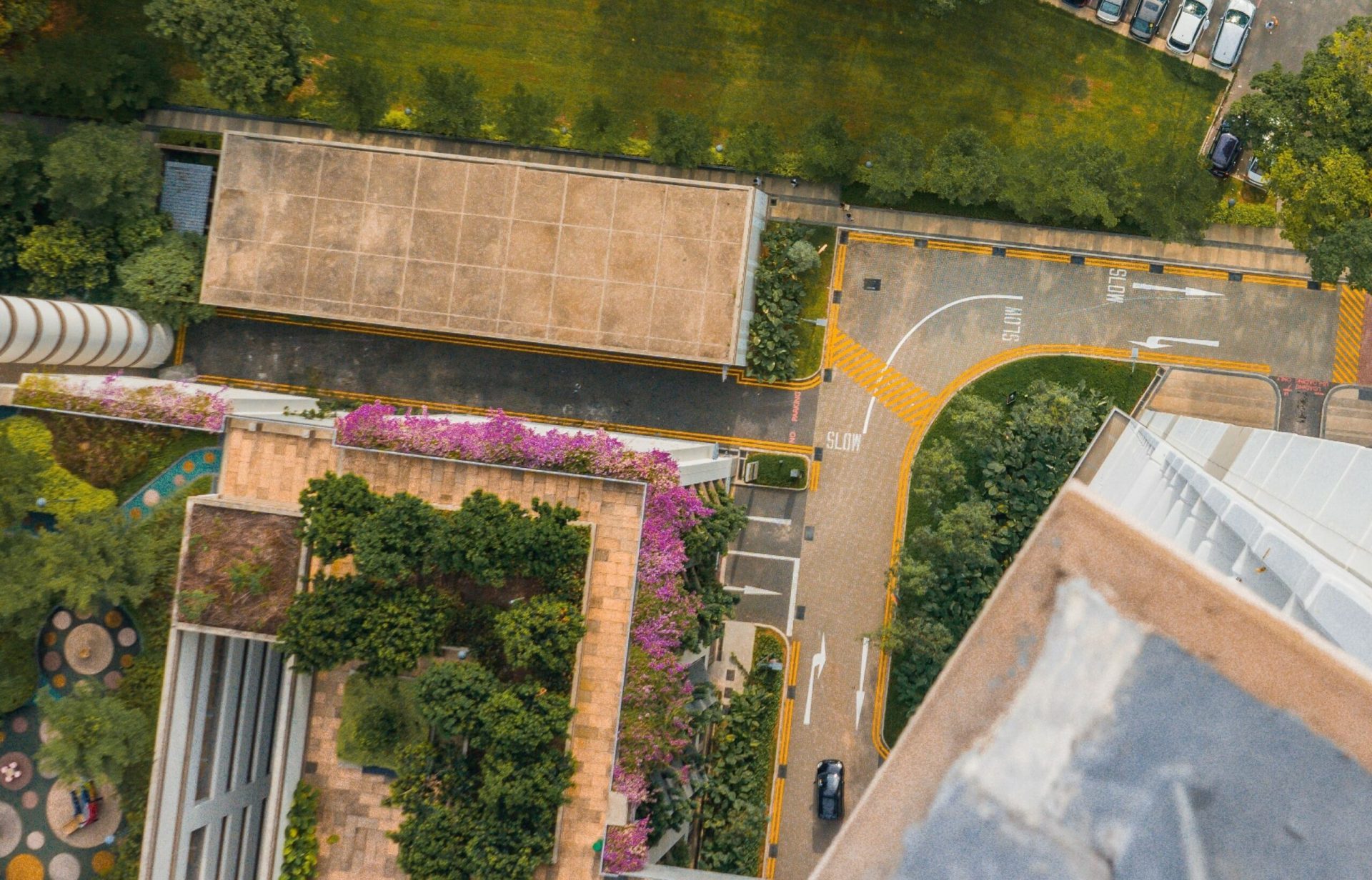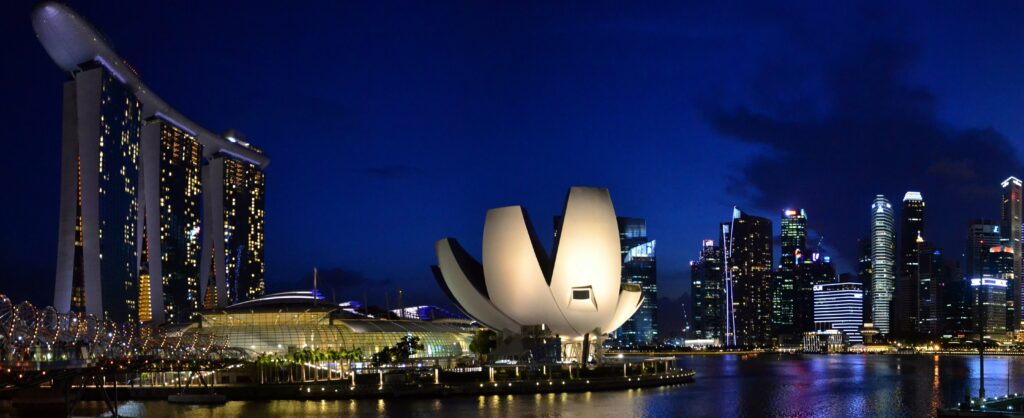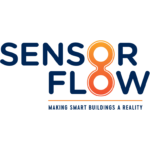
How IoT is Changing How Businesses View Sustainability
The advancements and proliferation of the Internet of Things (IoT) over the last few years has made it one of the hottest topics in the technology sphere. IoT makes sustainable technology much more powerful, seamless and easy to adopt, which is a significant advantage in this new eco-conscious era. With IoT, sustainable technology is finally coming into its own as a mainstream business essential capable of catalyzing transformation instead of just being an expensive luxury.
The detail is in the data
IoT technology can help businesses embrace the sustainability agenda through data automation, productivity and predictive maintenance. The ability to seamlessly integrate and connect all data systems creates the potential for more intuitive, accurate automation solutions that can be applied to various internal and external business functions. Being able to plan workflows more efficiently and automate labor-intensive tasks empowers businesses to optimize operational productivity and resource allocation. Meanwhile, IoT also helps them create better, more intelligent products that cater to changing customer needs and trends.
Data integration and being able to easily monitor multiple data points are two other crucial benefits of IoT. These features help businesses develop predictive maintenance and other data-driven operational strategies that can sustain critical assets such as air-conditioners. By monitoring and reporting equipment performance for preemptive management, before a breakdown occurs, we find that businesses can generate savings of up to 40 percent, improve equipment productivity by 25 percent, reduce downtime by 45 percent and breakdowns by up to 75 percent.

Putting the ‘smart’ in smart sustainable solutions
With IoT being an enabler for big data and seamless connectivity, businesses are now using many IoT-powered smart solutions to monitor and effectively reduce resource consumption such as energy, water and food wastage. Besides lowering operational costs and increasing their bottom line, these solutions also minimize businesses’ carbon footprint. As a result, businesses are considering sustainability programs as a standard operational expenditure (OPEX) instead of an ad hoc capital expenditure (CAPEX).
The COVID-19 pandemic has sped up the shift towards OPEX-based sustainability initiatives within the hotel industry. Hotels are reimagining their CAPEX-driven sustainability practices to save more time and money and quickly recover from the industry’s hard-hit crisis. For example, they are moving away from simple CAPEX-driven sustainable practices such as eliminating disposable straws, utensils, and plastics in favor of OPEX-driven options such as IoT-driven energy automation solutions.
There is a growing realization among hotels that OPEX-driven sustainability can be profitable. In the past, automating and optimizing heating, ventilation and air-conditioning (HVAC) through smart energy solutions was seen as being disruptive and expensive. Now, IoT has made these solutions simultaneously more discreet and more impactful. The current IoT-driven smart energy solutions can be easily retrofitted to the existing structure and can save up to 30 percent of energy costs while maintaining maximum guest comfort due to its minimal manual intervention. Internal resources can be allocated more optimally and the hotel can reduce its environmental impact, creating a win-win situation for all.
Walking the sustainability talk
In addition to building long-term resiliency and competitiveness, IoT technology also enables businesses to establish an eco-friendly brand through its ability to monitor and collect real-time data. The data gathered on energy savings and carbon emission reduction can be used to back up businesses’ claims of being a ‘green’ company. This enhances their appeal to the ever-growing eco-conscious market while establishing trust between them and their existing customer base.
With heightened environmental awareness around the world, businesses must embrace sustainability to tap into a steadily widening market and revenue stream. IoT is the key enabler that makes sustainable technology viable for mainstream adoption, and it is likely to continue to play a transformative role as the technology advances. We are just scratching the surface of these myriad possibilities, and I personally look forward to how much further we can go on the sustainability track.

Saikrishnan Ranganathan is the CEO and Co-Founder of SensorFlow Pte Ltd, based in Singapore. Driven by the vision to mitigate global challenges, Saikrishnan Ranganathan has consistently worked towards engineering solutions that are practical, adaptable, and aligned with the immediate climate problems faced worldwide. Sensor-Flow is the result of that goal to reduce the massive energy consumption and environmental impact of buildings via smart and responsive HVAC automation. Screen reader support enabled.
Learn more about SensorFlow at https://www.sensorflow.co/.





